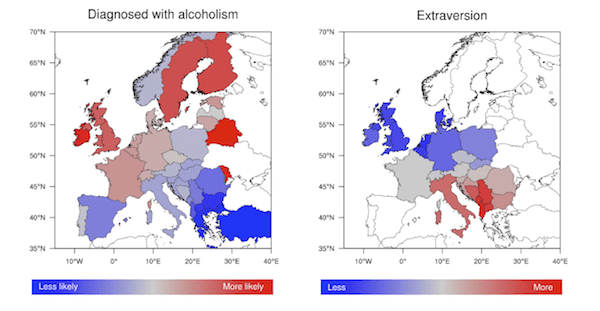SobieskiSavedEurope
Gold Member
- Thread starter
- Banned
- #281
David vs. Goliath: Round Two of the Little Guy Triumphs
By
Michelle Powell-Smith
Share on Facebook
Tweet on Twitter
Save

Battle of Hodow
The Battle of Hodow is sometimes called the Polish Thermopylae. Fought in June, 1694, the Battle of Hodow involved the forces of the Kingdom of Poland and the Crimean Khanate. Earlier that month, the Crimean Khanate, a force of Muslim Tatars had invaded Polish territory with the intent of pillaging. The Kingdom of Poland responded.
IKEA® Official Site - The 2018 Catalog
Download the IKEA® Catalog Today & get Inspired by New Products! IKEA.com/Catalog
ADVERTISING
The Kingdom of Poland sent a small force of only 400 men, drawn from strongholds in Red Ruthenia, in the modern Ukraine. The Crimean Khanate had invaded Poland with a force numbering massively larger, perhaps as many as 40,000, but certainly at least 25,000. The Polish charged Tatar forces on fields near Hodow, leading to the withdrawal of the Tatar vanguard. The Poles continued to effectively resist the Khanate forces, eventually moving back and into the village of Hodow, creating a barrier using sturdy wooden fences left in past invasions, and using improvised arrows as ammunition when they ran out of their own.
The Polish force of 400 defeated the initial 700 troops in the Crimean vanguard, then continued to defend Hodow for the next six hours. In total, more than 1,000 cavalry and soldiers from the Tatar force were killed, and fewer than 100 of the Polish force.
Metastatic UC Therapy - Physician Info & Resources
Request A Representative To Learn About A Metastatic Bladder Cancer Therapy. bladdercancertreatment.com
Unable to defeat the small Polish force, the Crimean Khanate sent Polish-speaking Tatars to try to negotiate a surrender. This failed and the Crimean Khanate withdrew from Poland entirely. While the Crimean Khanate almost certainly could have, with their larger numbers, forced a victory, they did not pursue this goal.
The victory at Hodow provided the army of the Kingdom of Poland with a significant morale boost. The king paid for replacement horses for the forces at Hodow, as well as medical care for the soldiers, and ordered a monument commemorating the victory.
David vs. Goliath: Round Two of the Little Guy Triumphs
By
Michelle Powell-Smith
Share on Facebook
Tweet on Twitter
Save

Battle of Hodow
The Battle of Hodow is sometimes called the Polish Thermopylae. Fought in June, 1694, the Battle of Hodow involved the forces of the Kingdom of Poland and the Crimean Khanate. Earlier that month, the Crimean Khanate, a force of Muslim Tatars had invaded Polish territory with the intent of pillaging. The Kingdom of Poland responded.
IKEA® Official Site - The 2018 Catalog
Download the IKEA® Catalog Today & get Inspired by New Products! IKEA.com/Catalog
ADVERTISING
The Kingdom of Poland sent a small force of only 400 men, drawn from strongholds in Red Ruthenia, in the modern Ukraine. The Crimean Khanate had invaded Poland with a force numbering massively larger, perhaps as many as 40,000, but certainly at least 25,000. The Polish charged Tatar forces on fields near Hodow, leading to the withdrawal of the Tatar vanguard. The Poles continued to effectively resist the Khanate forces, eventually moving back and into the village of Hodow, creating a barrier using sturdy wooden fences left in past invasions, and using improvised arrows as ammunition when they ran out of their own.
The Polish force of 400 defeated the initial 700 troops in the Crimean vanguard, then continued to defend Hodow for the next six hours. In total, more than 1,000 cavalry and soldiers from the Tatar force were killed, and fewer than 100 of the Polish force.
Metastatic UC Therapy - Physician Info & Resources
Request A Representative To Learn About A Metastatic Bladder Cancer Therapy. bladdercancertreatment.com
Unable to defeat the small Polish force, the Crimean Khanate sent Polish-speaking Tatars to try to negotiate a surrender. This failed and the Crimean Khanate withdrew from Poland entirely. While the Crimean Khanate almost certainly could have, with their larger numbers, forced a victory, they did not pursue this goal.
The victory at Hodow provided the army of the Kingdom of Poland with a significant morale boost. The king paid for replacement horses for the forces at Hodow, as well as medical care for the soldiers, and ordered a monument commemorating the victory.
David vs. Goliath: Round Two of the Little Guy Triumphs



